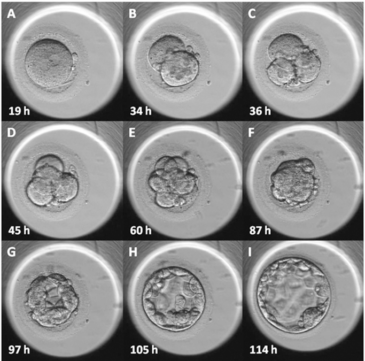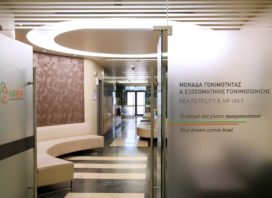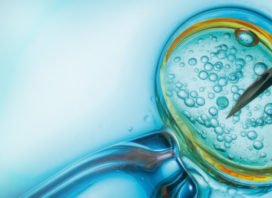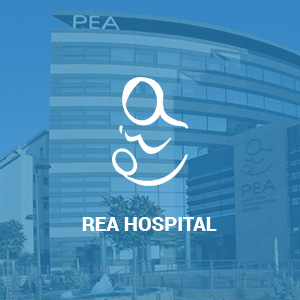TIME LAPSE EMBRYO

The selection of embryos for transfer is crucial to the success of IVF – both for a healthy delivery and to ensure a singleton pregnancy. Now, in certain cases and for certain patients, embryo selection can be helped by a new technique which visualizes the progress of embryo development with a photograph taken every ten minutes.
This new technique of ‘time-lapse imaging’ is being quickly adopted by IVF clinics throughout the world. The time-lapse technology allows inspecting the development of their embryos with great frequency but without disturbing them or exposing them to outside air conditions. At IVF REA Fertility Unit we can culture embryos and monitor their progress in totally safe and stable conditions, with an image of their composition at every tiny stage of development (Primo Vision).
Studies so far suggest that embryos selected with the help of time-lapse imaging have a high chance of forming a healthy pregnancy, so the technology will be especially welcome for patients with a poor reproductive record – that is, women who have already been unsuccessful in IVF and/or those of an older reproductive age.
The information provided by time-lapse technology and the criteria by which embryos are selected for transfer relates mainly to the rate at which the embryos progress from embryonic stage to the next – so the time between these stages is crucial. It is the rapid sequence of images available to the embryologist which allows analysis of these changes, and thus the assessment of which embryo has the best chance of implantation in the uterus.

















